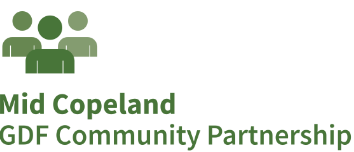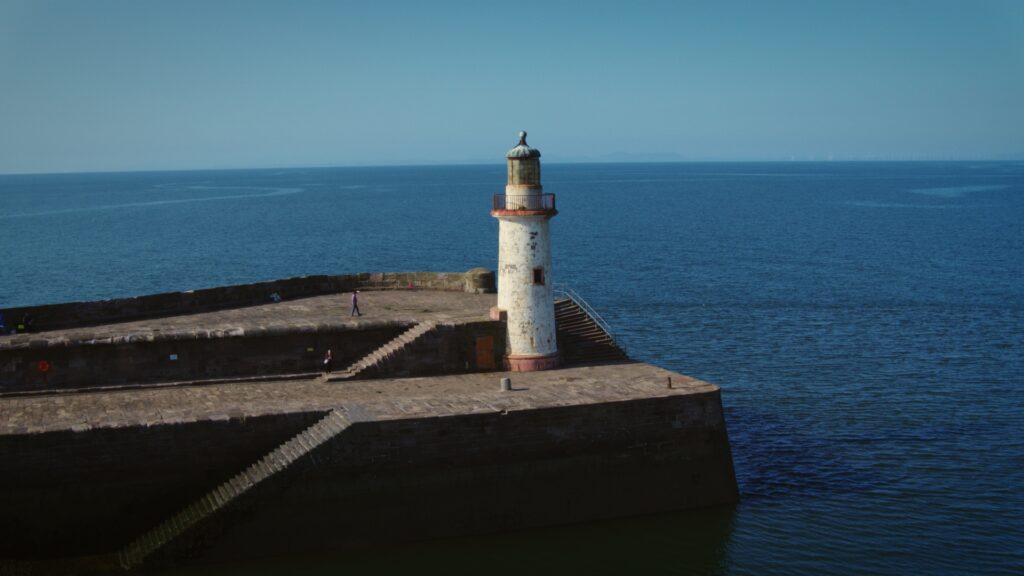
Copeland, sea view
Welcome to the second edition of the Copeland GDF Working Group newsletter.
The Working Group has started its engagement with local people on the potential for further consideration of a Geological Disposal Facility (GDF) somewhere in the area of Copeland. I think it’s important to remember that this group is only considering proposing an area and initial membership for a Community Partnership to take this discussion further, and that ultimately there must be both a suitable site and a willing community at any location that is eventually selected.
We’ve held two full Copeland Working Group meetings so far and the team is making progress getting established and finalising our Terms of Reference. Our meetings have been a mix of feeding back progress, community engagement plans and considering next steps. We’ve also had some useful and informative presentations including one on the geology of Copeland from RWM.
Already we’re hearing views, identifying issues and questions raised, and we’re helping to answer questions where we can. As Chair of the Working Group I’m always keen to speak to anyone, so please do get in touch. I’ve ‘virtually’ attended some local meetings along with RWM to start engaging directly and introduce the Working Group and its scope of work. We want to do this for all interested community groups, parish and town councils. Thanks to everyone who has asked questions so far, requested for us to talk to a group and signed up to our newsletter.
In the new year we’re hoping we’ll be able to expand our activity including some exciting virtual plans which should bring the subject of geological disposal to life to give a better understanding of what it’s all about. A little further down the line, once we’re allowed and restrictions are eased, we will progress to holding community meetings.
The Copeland GDF Working Group wants to help people understand what a GDF is, what it could mean for Copeland if it progresses further, what a Community Partnership is and what the socio-economic benefits could be. We also want to hear every voice – those seldom heard voices are just as important as larger groups.
And that’s also why we have our Community Engagement Team, employed by Radioactive Waste Management, as part of the Working Group – who are there for your questions and to provide you with the information you need to really understand the GDF subject.
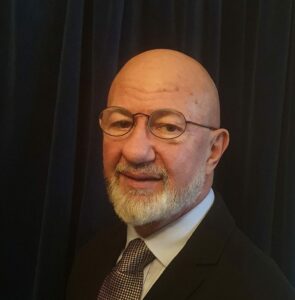
Mark Cullinan, Independent Chair, Copeland Working Group
Some of the feedback we’ve received so far includes – ‘haven’t we done all of this before?’. I’d say, things are different this time – there’s much greater opportunity for voices to be heard and much more information available at the outset about things like geology, including a large ‘inshore’ area off the coast, up to 22km, for potential consideration. It’s an extremely knowledgeable community that we have here in Copeland on nuclear matters, but does everyone know: ‘What exactly a GDF is?’ ‘Why it’s needed?’ ‘What are the economic benefits and change it could bring to a community?’. This is all information we can signpost you to.
Copeland Working Group’s role also includes proposing a geographical area which a future Community Partnership could consider, as well as starting to identify who should initially be a part of that partnership to continue those conversations and take them forward.
If you’re part of a community group we would like you to get involved in these early conversations please get in touch, we can hold ‘virtual’ meetings and provide you with some content for a newsletter or website and answer your questions. Please also have a look at our website which has easy-to-understand information, the outline of this siting process and how you can get involved, including an opportunity to ask questions. I look forward to meeting and hearing from you.
Meet the team
Community Engagement
Copeland Working Group’s Community Engagement Team, employed by Radioactive Waste Management (RWM), is available to support early discussions on geological disposal.
We’re looking forward to getting out and about properly in the new year to meet people, discuss issues and hold public exhibitions when it’s safe to do so. There’s plenty we can do now and already, questions are coming in, people are signing up to our newsletter and we’ve held some ‘virtual’ discussions with groups. We want to reach out to communities, listen to your views, provide information and answer your questions as part of this very early point in the nationwide search for a GDF.

Gillian Johnston, Community Engagement Manager
Gillian Johnston is the Community Engagement Manager and lives in Whitehaven. She has worked for Hospice at Home West Cumbria, helped to bring the successful Energy Coast UTC to West Cumbria and was community engagement advisor and social impact lead for Morgan Sindall Infrastructure.
Gillian is passionate about the local area and ensuring everyone has their say as part of this process. She said:
“I value my Copeland roots, living here has shaped me into the person I am today. Hosting a GDF is a big commitment which needs clear two-way dialogue and accessible information for people. My role involves starting discussions in communities about what this facility could be like and whether it’s something people might want to know more about – without any commitment.
“For us to take this forward we have to achieve two aims – finding a suitable site and a willing host community. If we don’t have both of those, then we wouldn’t proceed further.”
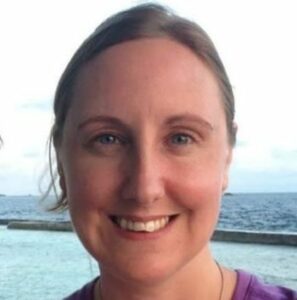
Claire Dobson, Community Coordinator
Claire Dobson is the Community Coordinator. She lives in Seascale and previously spent 13 years as a community development officer for AgeUK West Cumbria, based in Whitehaven and The De Lucy Centre, Egremont. Claire was project lead in the highly-successful switchover from analogue to digital television which was piloted in Whitehaven. She developed the training and implementation plan, which was later adopted nationally for all future switchovers.
Claire said:
“We’ll be working in partnership with the community to address the things that matter to local people. The community is at the heart of the approach and we’ll be available to support, provide information and answer questions.”
More information about geological disposal and Copeland Working Group is available on this website, alternatively, you can send us an email at gdfinfo-copeland@nda.gov.uk or call 0300 0660 100.
Nick Gardham – Independent Facilitator
One of the key areas for me in this early stage is to establish the working practices to set the foundations for the months, and potentially, years ahead, beyond the work of this initial Working Group.
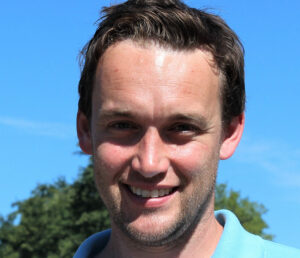
Nick Gardham, Independent Facilitator
I work for an organisation called Community Organisers. We are a charity, working around the UK on numerous projects where we help people to develop their collective power to act together for the common good of the whole community. As independent facilitator I will aim to ensure that discussions progress in a constructive way. I’ll be asking the right questions and ensuring we as a group take on board the views of interested parties and local people.
This is a unique project, where the community can ultimately decide whether or not they want to host a GDF, and how they could benefit, if they did. A long-term solution needs to be put in place for this waste, somewhere. Through this process the group will be engaging communities in Copeland from the outset, so they can join the conversation about what a GDF might mean for them.
On major public projects it’s important that everyone gets the chance to have their say and that’s not always the case. People often assume decisions are taken behind closed doors and there’s a common belief that change will never happen, and if it does it’s ‘done to’ people rather than by involving them. The GDF siting process is different, in that its success is based on the involvement and consent of local people.
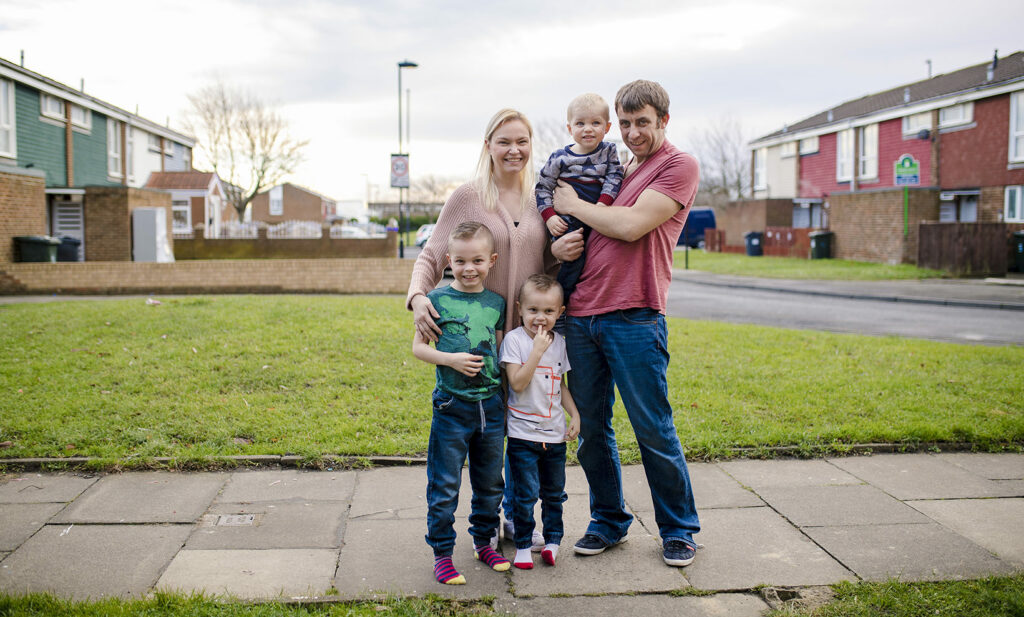
The GDF siting process success is based on the involvement and consent of local people
The Working Group’s Interested Parties
Four interested parties came forward with areas for consideration in Copeland. After initial evaluation work, Radioactive Waste Management concluded they all had potential to be looked into further and the interested parties agreed to form the Working Group to take discussions forward in the community.
The interested parties are: Irton Hall Ltd, Genr8 North Ltd, local resident and former Sellafield manager David Faulkner and Copeland Borough Council.
Steve Cotterill, owner of Irton Hall Ltd said:
“The construction and operation of a GDF, wherever the eventual location is in the country, will have a massive economic impact for many decades. A long-term nuclear industry presence is vital for the West Cumbria business community, and for a business like ours, having year-round, reliable custom is essential.”
Genr8 North Ltd would like the GDF programme given proper consideration in West Cumbria as part of future infrastructure development. Director Mark Walker said:
“Most of the waste that will go into a GDF is already here, at Sellafield. We got involved because want to see how this could secure the long-term economic regeneration of West Cumbria, and we shouldn’t underestimate the potential of a project like this.”
More information about what the Interested Parties originally proposed is contained in four separate Initial Evaluation Reports, which were produced by RWM, and are available on the Working Group’s website.
Open to question
Since the Working Group was launched, we’ve had a range of questions from the public. In each issue, we’ll aim to answer questions, and there are more FAQs on our website.
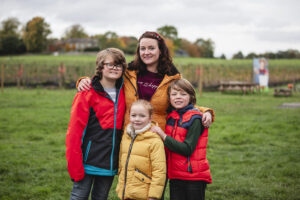
One of the Working Group’s tasks is to begin to understand community issues, concerns and questions about GDF
Q) What will the Working Group do?
A) The Copeland GDF Working Group has three main tasks – begin to understand community issues, concerns and questions about GDF, identify a search area or areas within Copeland which could then be further investigated for potential locations for a GDF, and identify initial members for a Community Partnership that could take that work forward.
The Working Group will not identify specific sites or decide on locations, it will merely suggest areas for further consideration by a Community Partnership that would need to involve relevant principal local authorities with an ongoing right to withdraw the community from the process.
Q) What is radioactive waste?
A) Radioactive waste is radioactive material for which we have no further use. It comes from a variety of sources including electricity generation, health services, and industry. Waste can be broadly categorised by levels of radioactivity, usually into High, Intermediate and Low (and Very Low) Level Waste. In volume terms about 90% of UK radioactive waste is Low Level and already has disposal solutions in place, including the Low Level Waste Repository (LLWR) in Copeland. It is the remaining High and Intermediate Level Waste that is currently in temporary storage that requires a GDF for the long-term. A small amount of Low-Level Waste that can’t be disposed of in the existing LLWR will also need to go to a GDF.
Q) Why is GDF the best option for dealing with higher activity radioactive waste?
A) The UK’s independent Committee on Radioactive Waste Management, after engaging widely with expert stakeholders, concluded that geological disposal was the best available option for long-term management of higher activity radioactive waste. Successive UK governments, supported by scientific advice, have concluded that this is the right long-term solution for our higher activity radioactive waste. There is overwhelming international consensus, with similar programmes now underway in countries such as Canada, Finland, France, Sweden and Switzerland.
Where to find out more and how to get in touch
The Working Group can arrange informative briefings on a range of topics that may be of interest to you. There’s plenty of information on our website and if you’re part of a community group or a local business, we can organise an online briefing to suit your requirements. Please get in touch.
